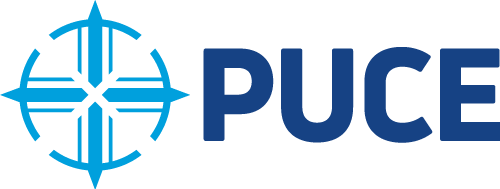Do equine-assisted physical activities help to develop gross motor skills in children with the Down syndrome? Short-term results
No Thumbnail Available
Date
2016-05
Journal Title
Journal ISSN
Volume Title
Publisher
Abstract
Background. Equine-assisted physical activities are believed to improve the physical, psychological, and social wellbeing of special needs populations. Methods. A study was conducted to assess the effect of an equine-assisted physical activity and an adaptive horseback riding program in comparison with conventional adapted physical education designed to develop gross motor skills measured by the Gross Motor Function Measure (GMFM-88) in children with Down syndrome in a special education institution. Results. According to the fitted ordinary least squares and robust regression models, the equine-assisted activities program had, on average, a large positive effect on children's gross motor development in comparison to the conventional physical education in the control group for 3 months. Conclusion. Evidence is provided with regard to the short-term improvement of the gross motor function in children with Down syndrome participating in equine-assisted activities, in comparison to regular adapted physical education, in a special education institution. Further research is needed to assess medium and long term effects of equine-assisted activities on gross motor development in children with Down syndrome.
Description
Keywords
Terapia asistida con animales, Caballos, Síndrome de Down, Fisioterapia
